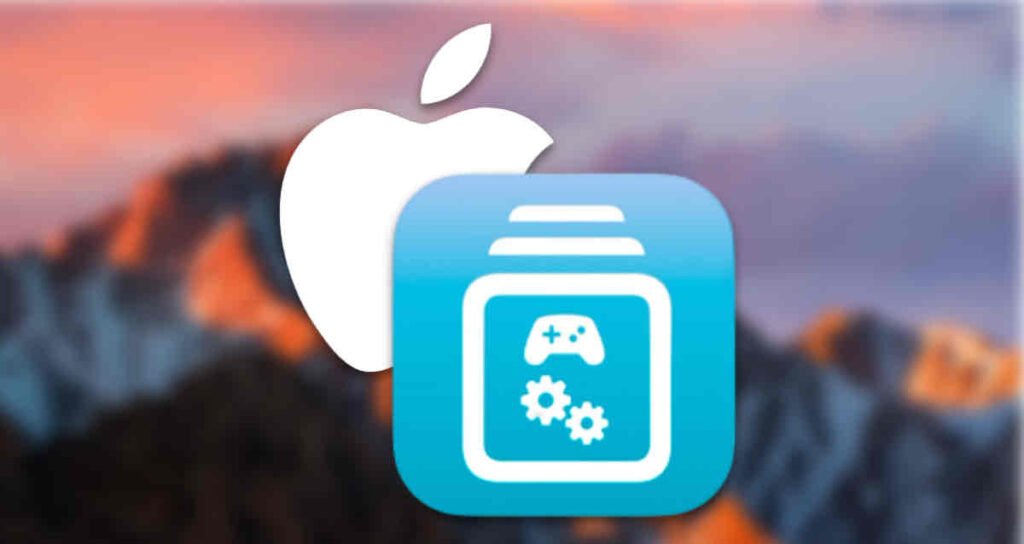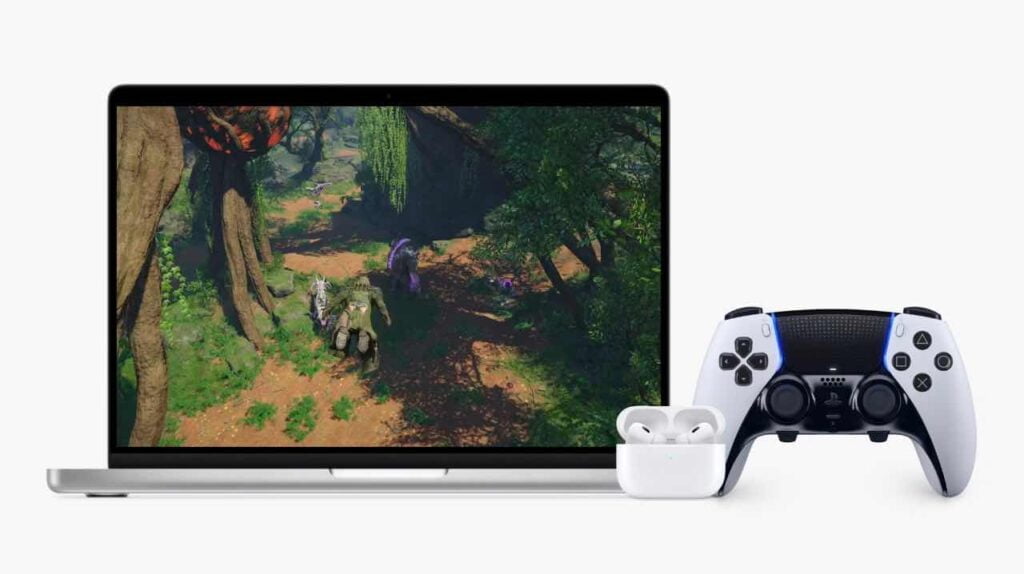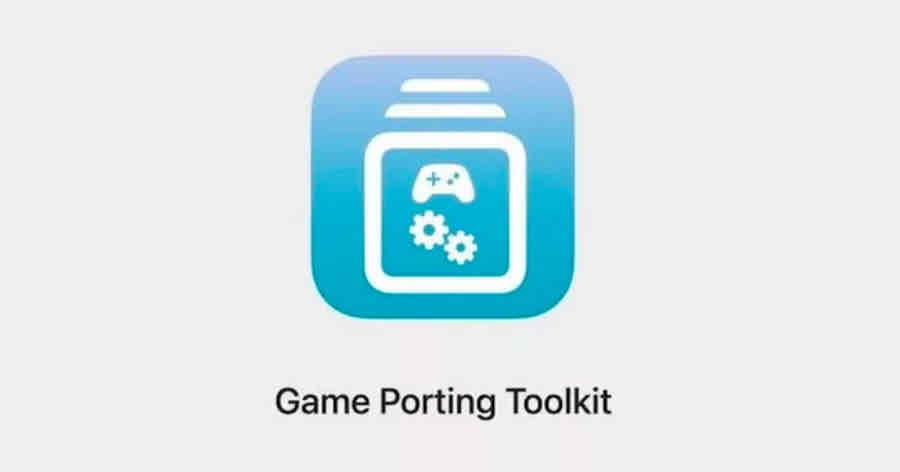Why Apple’s Game Porting Toolkit is Important : The Starting Point of Rosetta for “Windows Gaming”

The world of Mac gaming is actually a mess. Apple introduced the Mac mini with the powerful M2 Pro as an excellent Mac gaming device, and indeed, the Mac mini with the M2 Pro performs well even with high-spec games. However, Windows PCs in a similar price range offer gaming speeds that are more than twice as fast. If the Mac gaming list is like a box of cookies, then the Windows gaming list is like a cookie factory. They both have delicious cookies, but they can’t be considered the same.
Apple doesn’t seem interested in creating cost-effective gaming devices, but it does appear to have the intention to improve the software situation. During WWDC, Apple dedicated a considerable amount of time to introduce new gaming features when announcing macOS Sonoma. They even promoted the upcoming Mac version of the game “Death Stranding,” featuring the renowned developer Hideo Kojima. While it doesn’t explicitly showcase the reality of Mac gaming as much as the promotion of a Mac version for a four-year-old game, the introduction of new gaming features in macOS Sonoma is a positive step forward.

This new Game Mode prioritizes gaming over other tasks, reduces AirPods audio latency, and doubles the Bluetooth sampling rate for game controllers. However, it can only be used on Macs equipped with Apple Silicon. But perhaps more influential for Mac gaming than this is the Game Porting Toolkit, a developer tool. This toolkit has the potential to significantly expand the Mac game library in practice.
Is the Game Porting Toolkit a Windows Game Rosetta?

The Game Porting Toolkit is based on the source code of CodeWeavers’ CrossOver. Essentially, it dynamically converts x86 code, DirectInput commands, XAudio commands, Direct3D commands, and other Windows gaming API calls to be compatible with Apple Silicon in real-time. It allows for recompiling the latest advanced Windows games for Mac or running them without any modifications.
At first glance, the Game Porting Toolkit may seem similar to Valve’s Proton, which allows running Windows games on Linux for Steam Deck. While they are indeed quite similar, the difference lies in the fact that Proton is maintained and updated as an end-user tool. Its main purpose is to enable non-technical users to effortlessly utilize incompatible software, similar to Apple’s Rosetta 2 for Apple Silicon Macs. On the other hand, Apple’s toolkit is a developer-exclusive tool primarily aimed at prototype development.
In reality, the conversion functionality of the game development toolkit is not available to general users. Xcode developers can utilize this conversion feature as the initial step in running Windows games on Mac. However, they still need to go through various steps to convert the game for macOS, such as copying the source code, recompiling HLSL shaders, converting other graphics operations to Metal, and modifying all input and display APIs to their macOS equivalents. While Apple’s new Metal shader converter helps streamline this process, creating a Mac version of a Windows game still requires significant effort.
A Wasted Potential to Call It a Developer Tool
Even though it’s a developer tool, ambitious and enthusiastic Mac users have installed the new Xcode 15 command-line tool and the Gaming Porting Toolkit to run Windows games on Mac. One user successfully managed to run Diablo IV. Another user ported Cyberpunk 2077, and while it may not be smooth, the fact that it works to this extent is astonishing. In addition, they’ve also succeeded in running Elden Ring, Warframe, Spider-Man, Hi-Fi Rush, and more.
All of this is very exciting, but there is still a need for further performance improvement, which goes beyond what regular users can achieve. In reality, to properly run these games on Mac, developers would need to undergo significant conversion work and re-release a Mac version.
In fact, what is needed in the Apple gaming experience right now is something like “Mac’s Proton.” It could be named “Rosetta Gaming” or something similar, but the core concept is to enable users to run various Windows games on Mac directly without requiring additional work from developers. The Game Porting Toolkit is somewhat of an intermediate step towards such a tool. On the other hand, Valve has performed extensive work on specific games to fix bugs, address issues, and improve performance, continually updating Proton accordingly. Apple also recognizes the need for similar efforts and managing a list of compatible games.
This is an arduous task, but let’s imagine that Apple has achieved it! Hundreds of the best Windows games can easily be played on Macs powered by Apple Silicon. Just install the new Rosetta and check the compatibility list. It would not only be a new incentive for game publishers to release more Mac games but also a truly gratifying experience for gamers playing their games on Macs.